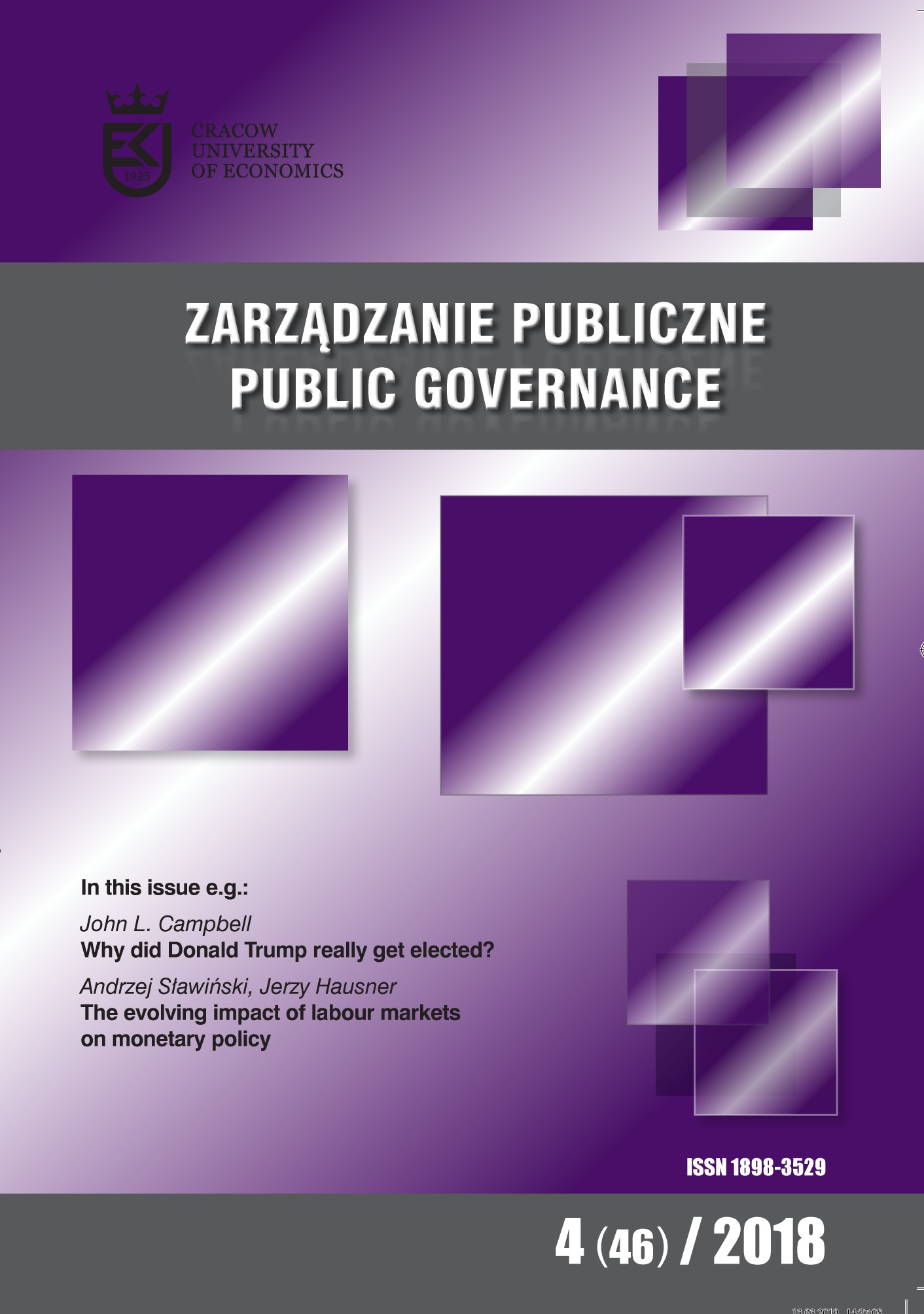The specific nature of knowledge transfer in municipal organisations
The specific nature of knowledge transfer in municipal organisations
Author(s): Anna Pietruszka-Ortyl, Anna Pietruszka-Ortyl, Magdalena ProrokSubject(s): Politics, National Economy, Sociology, Sociology of Law
Published by: Uniwersytet Ekonomiczny w Krakowie we współpracy z Wydawnictwem Naukowym Scholar
Keywords: knowledge transfer; knowledge transfer methods; knowledge sharing; municipal organisations
Summary/Abstract: Objectives: The main objectives of this paper are to determine the conditions of the transfer of knowledge in municipalenterprises, to identify the subprocesses of knowledge transfer along with the methods used in their implementation,and to determine the rules for knowledge transfer recommended for use in municipal enterprises. Research Design & Methods: The literature studies method, the critical analysis method and a case study was used with the support of surveys and in-depth interviews. Findings: It was found that in the studied organisation – Cracow Waterworks – there are favourable conditions for knowledge transfer. One takes actions aiming at shaping organisational culture based on mutual trust, focused on promotion and support of transfers, including knowledge sharing. It seems that the management, in its daily organisationalbehaviour and actual attitudes, meets standards and values focused on team forms of work organisation, the creationof a supportive atmosphere, respect for the rule of reciprocity, promoting altruistic attitude in sharing knowledge, andbuilding positive the reputation of a given employee. Indisputably, these phenomena are catalysed by a sense of safety of employment and average job seniority. Implications / Recommendations: Main recommendations for the surveyed organisation (Cracow Waterworks) are tofocus on acquiring knowledge from outside the organisation and sharing, especially tacit knowledge. It was noticed thatin the studied municipal company knowledge is shared only through direct interactions, most often through individualand direct contact, often in the form of tacit knowledge. More efforts are needed to expand the organisational level ofknowledge sharing - here support can be sought via technical solutions, preserving the context of motivational systemand the organisational culture. A reliable social and technical infrastructure of the knowledge environment should alsobe built. Another important challenge should be to construct a system of knowledge transfer that takes into account itsinter-organisational dimension. It is recommended to shape an appropriate organisational culture – culture promotingknowledge – and create an appropriate context for the implementation of this process with the participation of knowledge.Contribution / Value Added: Taking into account the conditions of operation of municipal enterprises, general principlesand detailed guidelines have been formulated to support the effective implementation of the knowledge transfer processin these specific organisations operating in the special context of municipal management.Article Classification: Research articleKeywords: knowledge transfer, knowledge transfer methods, knowledge sharing, municipal organisationsJEL classification: L22, M19, P43
Journal: Zarządzanie Publiczne
- Issue Year: 2018
- Issue No: 46
- Page Range: 78-91
- Page Count: 14
- Language: English

